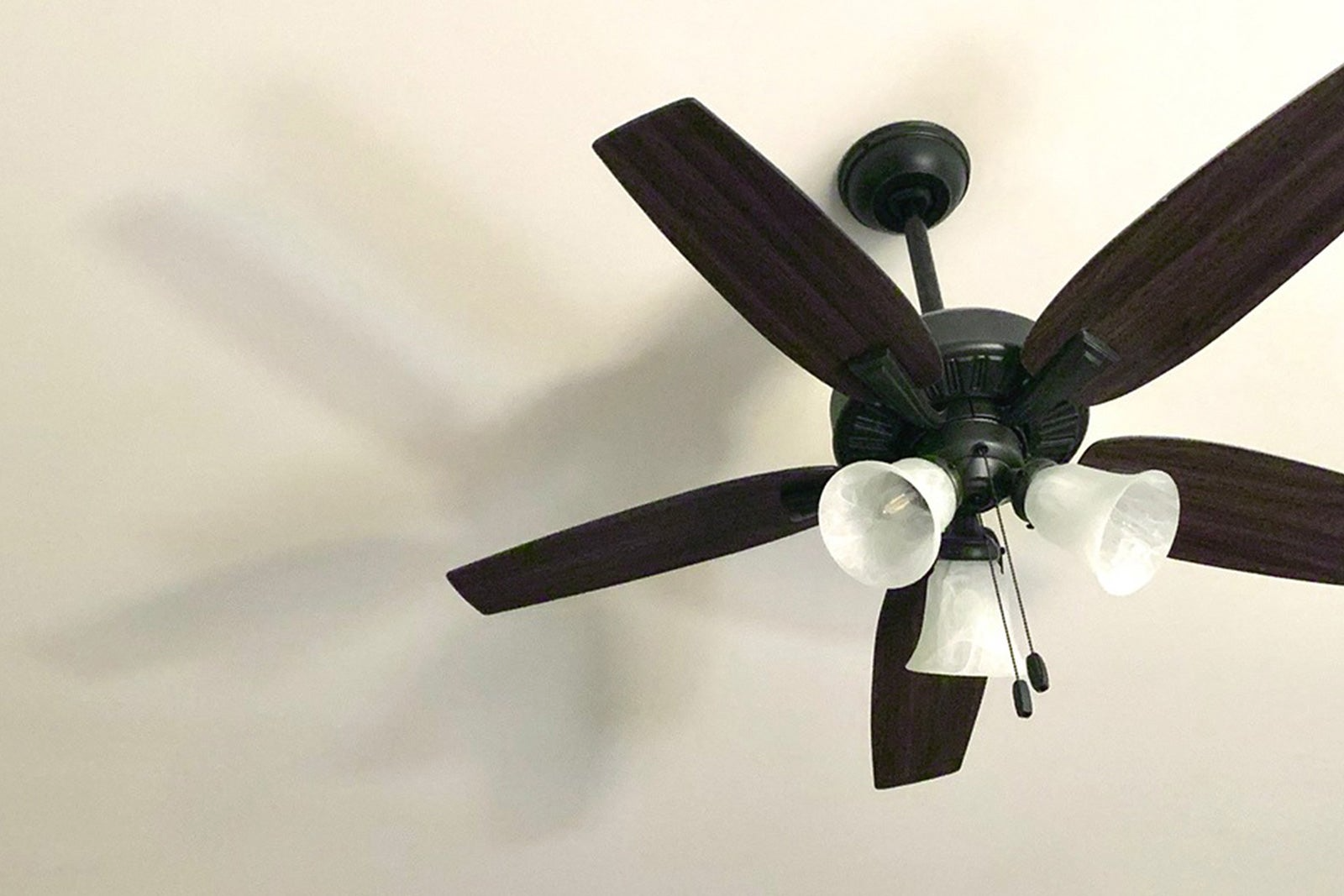
How is a Home Warranty Different From a Manufacturer's Warranty?

Trying to decide between warranties? Here is all you need to know about what a home warranty covers and how that differs from a manufacturer's warranty.
When it comes to owning a home, it can be confusing to wade through the different types of warranties and determine what makes sense for your household. In this article we'll explain the difference between a manufacturer's warranty and a home warranty, and which one provides the most comprehensive protection when unexpected breakdowns occur.
What is a manufacturer's warranty?
Manufacturer's warranties offer repair, service, and replacement of a specific appliance or system. These warranties are offered by the original equipment manufacturer, often referred to as an OEM. Contracts are usually limited to one year unless you purchase an extended warranty through the OEM, store or dealer where you purchased the appliance or system, or even through a third-party company.
A manufacturer's warranty usually covers parts and labor for 12 months from the purchase date (or sometimes the date of installation). It's important to note that manufacturer's warranty coverage is limited to the original purchase made by the original owner. That means if you "inherit" a faulty stove or inefficient air conditioner when purchase a home, you can't take advantage of the manufacturer's warranty between that agreement is between the manufacturer and the original buyer/owner.
A home warranty is different from a manufacturer's warranty in that it typically covers the repair and/or replacement of several of your major household systems and appliances including your AC and heating system, electrical, plumbing, refrigerator, dishwasher, oven, washer, dryer, and more - when they breakdown due to normal wear and tear. So, if a covered item breaks down, you can place a service request through your home warranty provider, pay your preset service fee, and they will assign a qualified Pro to diagnose and repair the item. Having a home warranty significantly reduces out-of-pocket expenses when breakdowns occur and saves you time since you don't have to find the right Pro to make the repair.
Unlike a manufacturer's warranty, a home warranty will cover your items regardless of who bought the appliance or system, or the original date of purchase. This type of coverage can be a lifesaver, especially when it comes to homes with older appliances and systems.
Thinking about coverage?
Sounds like a plan. Find the warranty that fits you best.
How to choose between warranties
When it comes to figuring out which kind of warranty you need, it's important to take the time to understand all of the details. Here are some questions you should ask when reviewing any warranty contract:
- Does the warranty cover a specific system or appliance or multiple systems and appliances in your home? What exactly is covered?
- What types of repairs and services are covered? What's not covered?
- What's the average time between placing a service request and the arrival of the Pro to diagnose and repair the issue?
- What are the fees involved? Many warranties charge a monthly fee and have a preset service fee you pay each time you place a service request.
- How long is the term of service, and what's the renewal process?
Related: What to Ask When Choosing a Home Warranty
If you're a homeowner, you know it's not a matter of if something will break down, but when. That's why homeowners across America rely on the service and coverage of an American Home Shield Home Warranty®.
Watch Video: Home Warranties Explained
AHS assumes no responsibility, and specifically disclaims all liability, for your use of any and all information contained herein.
Don't Worry. Be Warranty.
Have a plan for your home when things don't go according to plan
Shop Home Warranties

